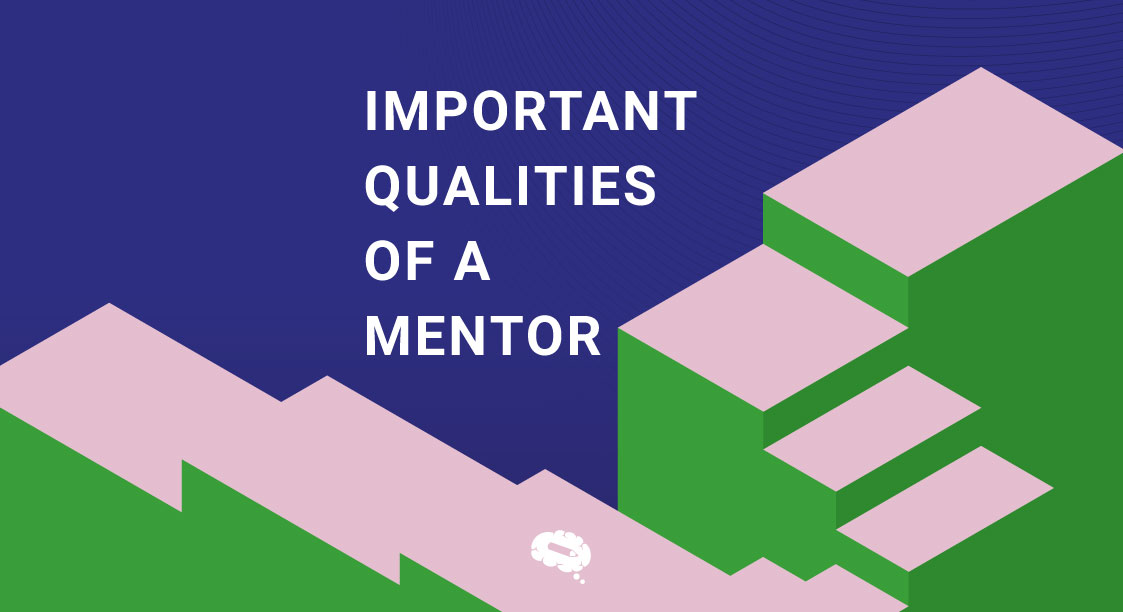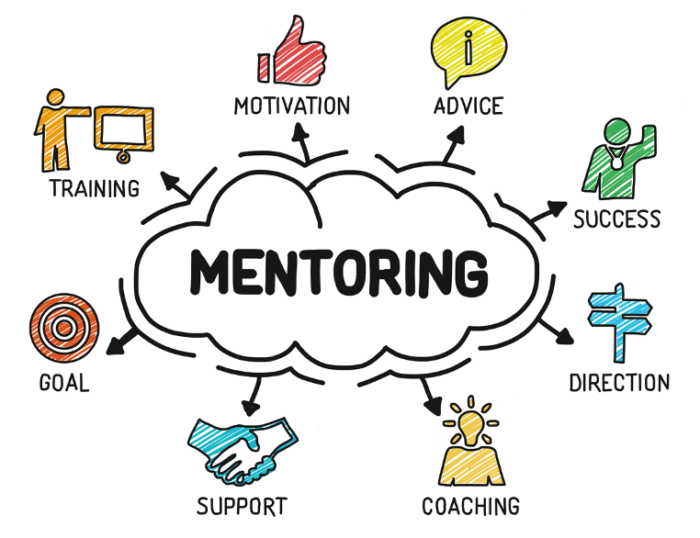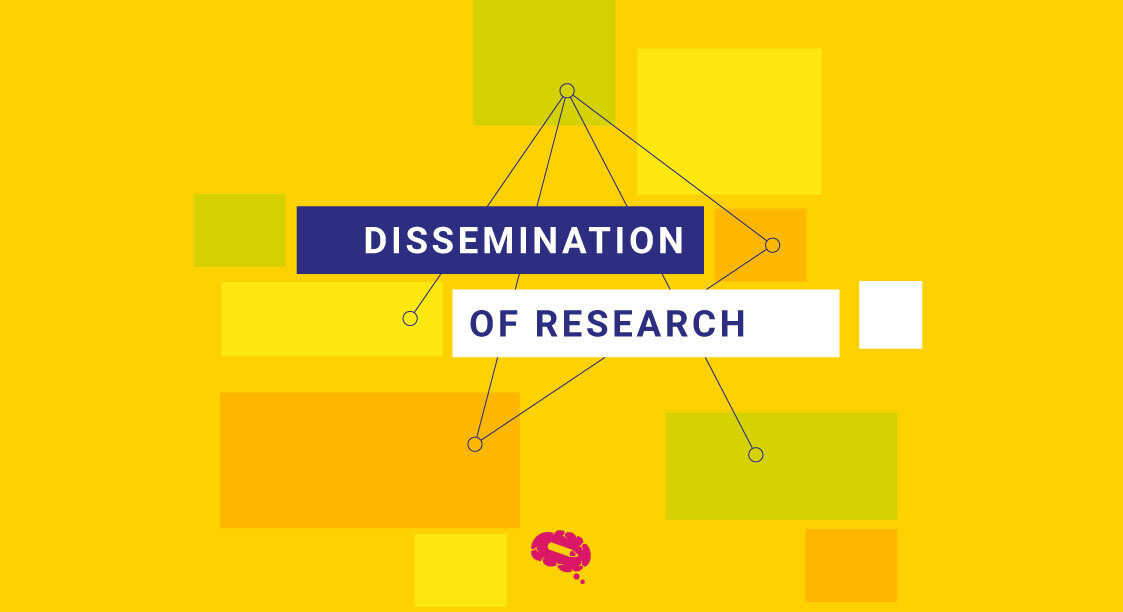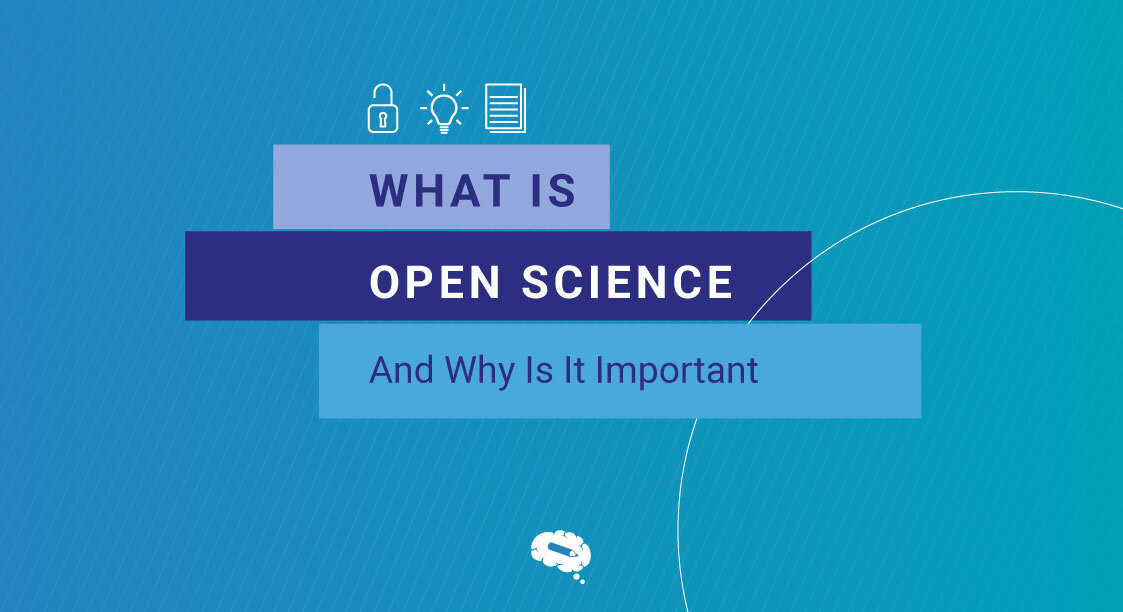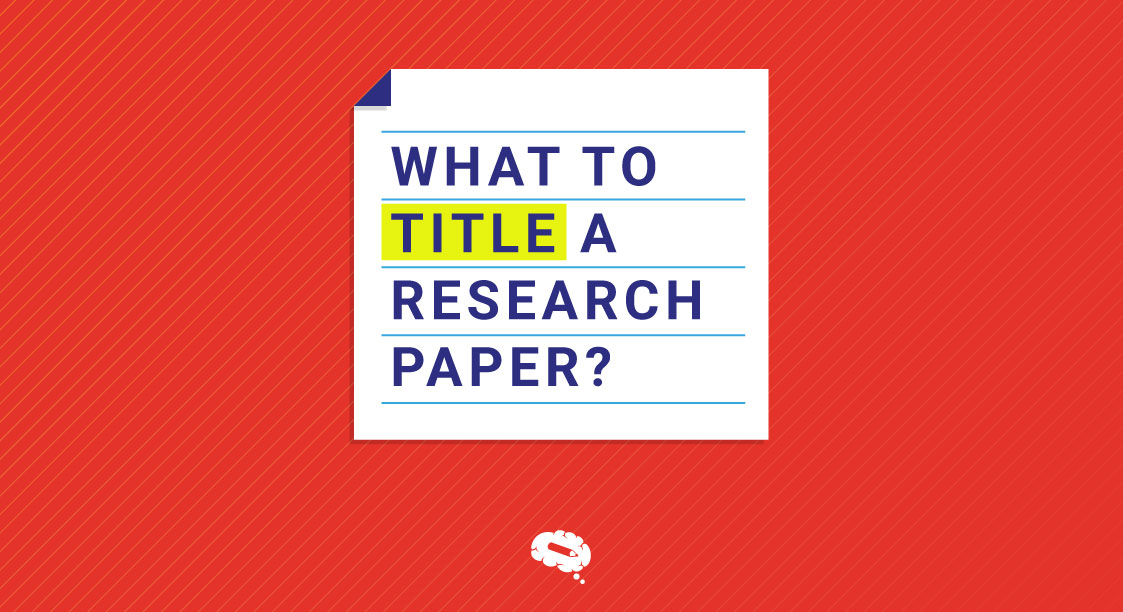Writing journals, papers, and research is a regular and required duty in the academic and scientific communities. However, finding a research topic that you are enthusiastic about and carrying it out effectively, according to all criteria, might be difficult.
Mentorship may give several advantages to both mentors and mentees. Creating this partnership may help you both discover new things, expand your networks, and advance as professionals. Finding a research mentor will enhance the value of your research and may be the most resourceful instrument you can utilize to assist you to reach the aims of your research.
However, keep in mind that identifying a competent and qualified mentor is a critical process that must be completed meticulously. This article seeks to assist you in finding a mentor who meets the requirements, so consider the most important qualities of a mentor to look for.
What does a mentor do?
Before we go into the important qualities of a mentor, it’s vital to set expectations about what a mentor is and what a mentor does.
A mentor is defined as a person who is directly responsible for the professional development of a research apprentice. Professional development must comprise both explicit scientific research, such as instrument usage, formatting, methodology, and materials, as well as implicit scientific standards development, such as research questions, issues, data, discussion, and so on.
Aside from supporting the research itself, it is the mentor’s responsibility to:
- Analyze the mentee’s research progress and performance and give constructive input.
- Mentors can also provide feedback and comments that can assist a person to clarify their next steps in a certain scenario or professional path.
- Mentors provide straightforward recommendations. They can recommend professional development priorities, assist mentees in setting goals and locating resources.
- A mentor can provide introductions to persons who might benefit the mentee’s career, as well as propose events that will expose a mentee to essential connections.
- A mentor must motivate the mentee to write a research paper that reports the findings properly and submit them to peer-reviewed journals for publishing.
- A mentor must be able to communicate openly with the mentee in order to address challenges and hurdles to development early on and to collaborate with the mentee on implementing solutions sooner rather than later in the process.
What are the most important qualities of a mentor and why?
A strong mentee-mentor relationship involves a significant amount of effort, devotion, and follow-through on both ends. Consider the following criteria to guarantee the effectiveness and long-term value of mentoring.
- Capable of providing helpful feedback: your mentor must be capable of providing you with direct and honest feedback to help you grow and learn from your successes and failures.
- Flexibility: A mentor should have adequate time and flexibility to advise you through your research or career.
- Value diversity of perspectives: A mentor who values multiple perspectives will aggregate your work without imposing standards on you.
- Knowledgeable: This is possibly the most significant feature of a mentor; it is crucial to select a mentor who is knowledgeable in your field of study and with whom you can exchange information.
- Reflective listening and empathy: A competent mentor will listen to your ideas and be understanding as you explain what you require. Instead of instructing you what to do, they should inquire about it.
- Capable of networking and locating resources: A mentor must be capable of expanding their mentee’s professional network. When the mentee establishes professional goals, the mentor can introduce them to possible possibilities or people who can assist them. These ties might be beneficial for career development.
- Setting guidelines: A mentor should be able to assist mentees in developing professional expectations. These principles can assist the mentee in developing adequate working habits that allow them to focus and successfully do what needs to be done.
Interacting with a mentor for a research
Now that you know what to look for in a mentor, it’s time to check out a few tips for contacting the mentor and establishing a professional arrangement:
- Because this type of individual is likely to be busy due to their professional level, keep your email succinct and to the point.
- Use of the mentor’s formal title (eg. Professor or Dr.).
- Make it clear if you want to do research, explain your goals by having them as a mentor for your research and what are your expectations.
- Refer to the areas of the mentor’s work that you are engaged in, and explain briefly why.
- Emphasize what you have to offer: what sets you apart from other candidates (e.g. prior experience, skills and knowledge).
- Show passion for learning how to conduct the research.
- If the mentor is unable to accept a researcher mentee, request a colleague that you can connect with.
- Include your resume, academic qualifications, and contact information.
- If you are approaching many potential mentors, keep each email brief, personalized, and appealing.
Online Infographic Maker design for Science
As a scientist, you should be aware that infographics may help you reach and fascinate the correct audience for your work or research. Mind The Graph has created an outstanding tool to assist you. Make use of over 200 templates or feel free to utilize our on-demand illustrations; if you don’t find precisely what you’re looking for, we will design it for you!

Subscribe to our newsletter
Exclusive high quality content about effective visual
communication in science.

